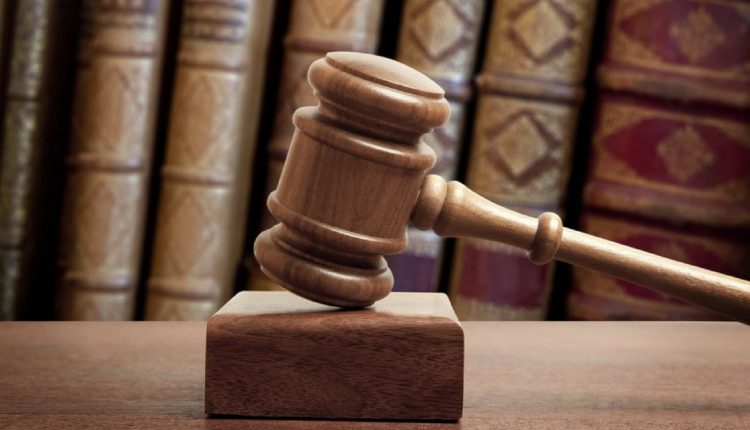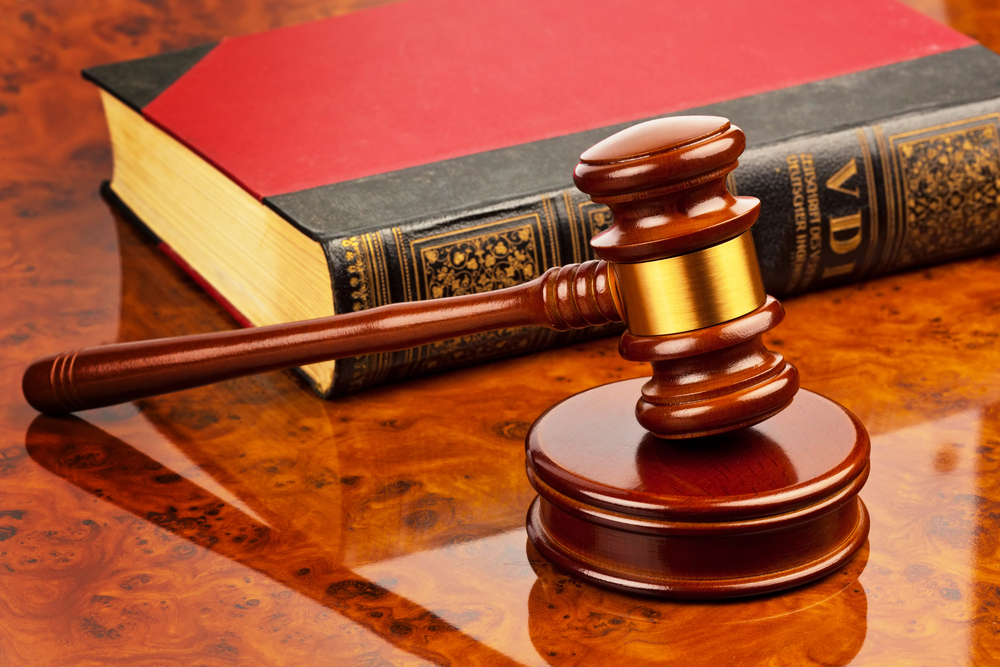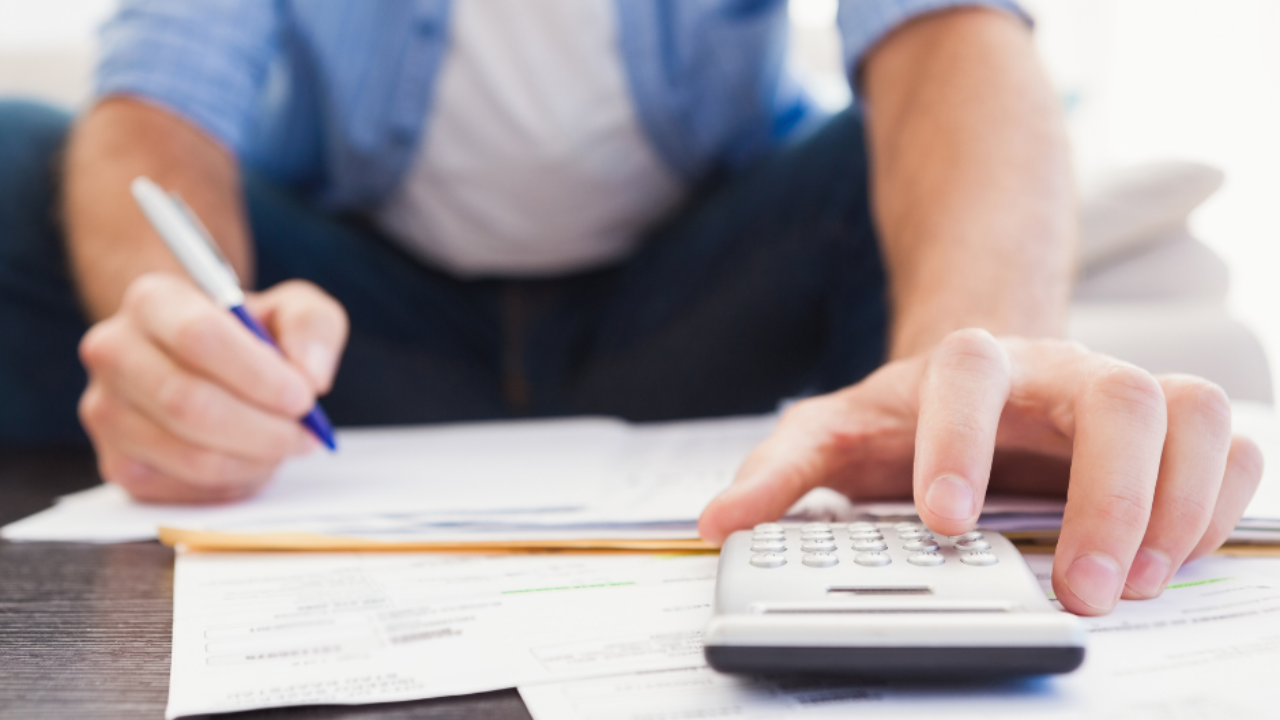
How to File Chapter 7 without a Lawyer | Full Process Explained
The contents of this web page are for informational and educational purposes only, and nothing you read is intended to be legal advice. Please review our disclaimer before taking action based upon anything you read or see.
The absurdity of bankruptcy is that an individual who is deeply in debt must find funding to cover the process of debt relief. At this juncture, Chapter 7 bankruptcy may be able to help you start over. However, there are obstacles and complexities to overcome.
Fees are charged by bankruptcy tribunals for submission and required coursework. This is strongly advisable if you need a lawyer to help you along the way, but it comes at an extra cost.
A lawyer is almost mandatory if you request Chapter 13 bankruptcy, which necessitates resolving debts on a pre-determined payment plan. However, if you are in need while lacking the financial means to pay, Chapter 7 fees may get rescinded.
It is possible to file Chapter 7 for a minimal cost, and there are legal options for those who want to learn how to file Chapter 7 for free. As a result, we’ve created this guide on filing Chapter 7 without a lawyer.
What Is the Cost of Chapter 7 Bankruptcy?

The overall price of submitting Chapter 7 if you don’t hire a lawyer is $338, which gets split down as follows:
- The court will charge you $245 to process your documentation and lawsuit after carrying it to the bankruptcy court in person and filing it.
- There is a $78 administrative fee. The clerks and other court employees must get paid.
- There is a $15 trustee service charge.
The incredible thing is that those who meet the criteria can file for bankruptcy unrestricted, with all filing fees rescinded. The unfortunate thing is that qualifying means you’re not just in debt, but your revenue is also meager.
Fees get waived for those whose family income is far less than 150 percent of the poverty threshold. You should file Form 103B – Application to Get the Chapter 7 Filing Fee Rescinded to be qualified for the exemption. It’s also a good idea to provide it when filing for bankruptcy.
You must confirm your earnings and that you cannot make partial payments on this form. When you file the form alongside your bankruptcy petition, everything is taken care of.
The costs of the two-course requirements – one before submitting that focuses on pre-bankruptcy debt consolidation and the other after filing that focuses on money planning – are not prohibitively expensive.
The training gets run by nonprofit organizations not affiliated with the court. Both should never charge more than $50 in most cases. If you can’t pay even that, you can request a rebate from the association or organization.
The most expensive part of the filing process is hiring a lawyer. The use of a lawyer is a contentious topic. While most individuals believe it is a good idea to file, you can file independently.
How to File Chapter 7 without a Lawyer

The following is the general rule for deciding whether or not to hire a lawyer: The more accessible the filing, the more probable you are to be able to do it yourself and avoid paying a bankruptcy lawyer. However, there is a risk. Mistakes could ultimately cost you upwards of hiring a lawyer. But it is possible.
Forms can get found on the U.S. court’s official site. Various accounting websites also have tools to assist you with the procedure. Self-help books can get found in most bookstores and on the internet.
What is a “simple” bankruptcy, you might wonder? The answer is that you have “simple” insolvency if you have no assets other than your residence and can erase out the majority of your loans.
Plan to learn the ins and outs of your local bankruptcy legislature’s processes and laws. Because information is always power, it’s a good idea to educate yourself before actually declaring bankruptcy on your own.
Legal Aid for Debtors on a Limited Wage
Low-income people can get legal help in a variety of ways. Please remember that there are various options for dealing with the cost of insolvency.
Lawyer fees can get paid with a tax refund. Quit paying existing debt and use the funds to employ a lawyer and file for bankruptcy protection. Bracelets, old furniture or paintings bequeathed from your grandfather, a vehicle that isn’t needed, and other items that aren’t excluded from bankruptcy might get sold.
Additionally, those in need of legal assistance can get it, though accessibility varies by place. Free clinics are available in some bankruptcy tribunals to assist people filing independently.
Pro bono lawyers and legal aid organizations will work without pay. Contact your local Legal Aid Society, the state bar, or the municipal bankruptcy legislature’s web page for more details.
Are you ineligible for an exemption?
The necessary means test determines whether your earnings are less than the state average for your households. You may be eligible for Chapter 7 bankruptcy and debt forgiveness if it is.
You may, nevertheless, cross the means test but still be ineligible for fee waivers.
If you wouldn’t meet the criteria for a fee waiver, you can request that the court divide the cost into up to four repayments. This necessitates the submission of Form 103A, Framework to Stump up the Filing Fee in Installments. When the action gets brought, a deposit on the fees gets usually made.
Filing is essential if your wages get stuffed to pay your debts, which is not a pleasant experience. Filing for bankruptcy, making a down payment, and requesting a repayment schedule will place an interim injunction on defaulters’ ability to supplement your earnings, allowing you to pay those fees.
Don’t mess around with the payouts if you’re permitted to use this method. Ensure they’re submitted on time and according to the agreement.
How to file chapter 7 without a lawyer: Major Alternatives

If insolvency is your last option, there are ways of avoiding paying fees and documents for free.
Chapter 7 bankruptcy gets crafted to wipe out debt and give you a new beginning as quickly as possible. You will have to market some taxable assets to cover as many loans as possible, but registrants keep their homes in 90% of all customer debt.
It’s best to go with Chapter 13 at this point. Resolve the deficit. This usually necessitates a repayment schedule. If their debt gets paid off, registrants can keep their homes and other valuable assets.
Furthermore, while you have the alternative of filing Chapter 7 bankruptcy on your own, there are other options for dealing with debt before filing bankruptcy.
Debt consolidation programs could get discussed with a nonprofit organization that provides financial counseling. Evaluating those options before declaring bankruptcy may prevent you from getting the devastating effects insolvency has on your credit score.
Frequently Asked Questions
Is it possible to file Chapter 7 without hiring a lawyer?
Yes. The above pointers on how to file chapter 7 without a lawyer will be beneficial.
What is the expected rate of a Chapter 7 lawyer?
As per Lawyer.com, the estimated price of a Chapter 7 lawyer is $1,450. Pretty standard fees in the United States range from $1,500 to $4,000.
Is it true that all consultations with a bankruptcy attorney are free?
No. The initial consultation with a bankruptcy attorney is usually free. The consultation is when you explain your circumstance to the lawyer, who guides you and explains how he can assist you.
At the very least, it’s a good idea to take advantage of this free consultation to figure out where you stand. A trustworthy lawyer with dignity may even tell you that your instance is straightforward enough for you to document on your own.
Who is eligible to participate in Chapter 7?
Overall, if you splurge all of your income on household bills like rent, home loans, auto loans, and household goods and have little or no money left over at the end of 30 days, you may be eligible for Chapter 7 bankruptcy.
This includes being unable to pay bank cards, medical fees, and other liabilities such as tax debt or college loans.
What is Chapter 7 bankruptcy?
Chapter 7 bankruptcies discharges your debts, gives you a new beginning, and helps to maintain the majority, if not all, of your holdings. Your debts are gone after Chapter 7, and you have a bright future.
Your credit scores will improve, and you will be able to recover rather than being submerged by debt.
Conclusion
Consequently, if you are deeply in debt, you could spend a considerable lot of time and resources fretting about and trying to conceal the severity of your economic state. Disregarding your money difficulties will not solve them; instead, it will exacerbate them.
Bankruptcy could be your most excellent option at this point. The first step in determining whether bankruptcy is right for you is to speak with a litigator.
Though insolvency may be the climax, it is an excellent place to start. The section on how to file chapter 7 without a lawyer mentioned above is also a perfect place to start.

I’m a driven and accomplished law graduate and post-graduate, passionate about sharing my legal expertise via my blog. I hold a Bachelor’s degree in Law from the University of London (UK) and a Master’s in Law from the University of Derby (UK). Both gave me the foundational knowledge and skills to excel in my chosen career path.
Throughout my academic journey, I have gained extensive knowledge in various fields of Law, including Corporate and Business Law in the USA, Criminal Law, International Law, US Copyright law, and most importantly, American Constitutional law.


Comments are closed.